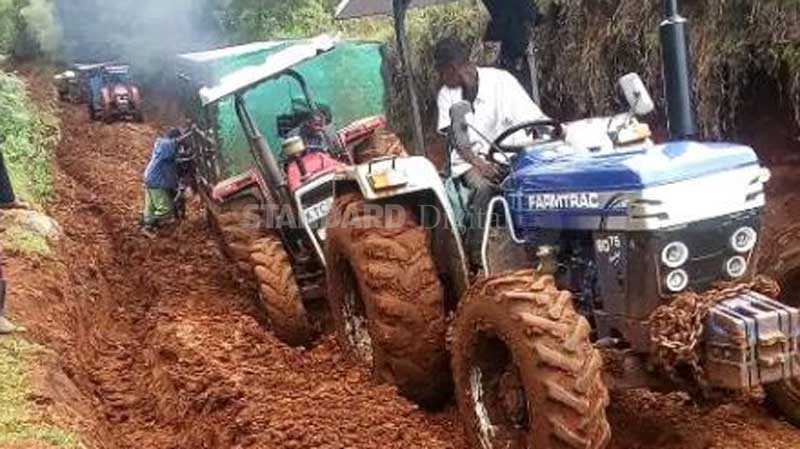×
The Standard e-Paper
Join Thousands Daily

Rains have rendered roads in the agriculture-rich Kuresoi impassable, with farmers and traders counting losses.
In Sirikwa ward, for instance, some roads that had been graded under the Boresha Barabara programme rolled out by the county in January have become worse than they were before after county engineers abandoned their work before they could layer the road with murram.